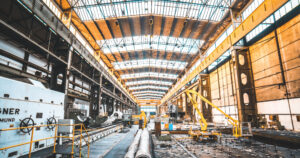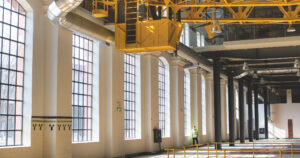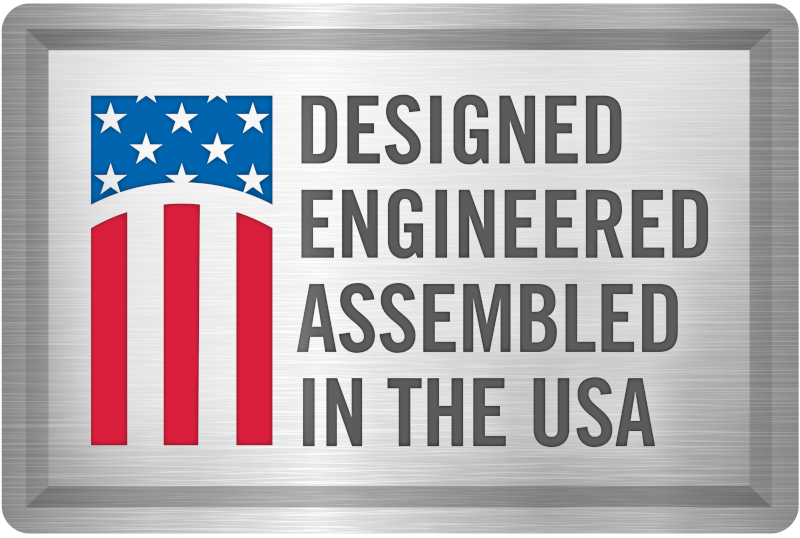Planning Ahead for Your HVAC Needs
Whether considering a unit heater or a full commercial HVAC system, facilities managers can have their hands full trying to figure out the best heating or cooling product to serve their specific spaces.
While upfront cost is a common concern when it comes to evaluating HVAC options, there are several factors involved in finding the perfect solution for a commercial building. The most expensive HVAC system won’t perform adequately if it doesn’t meet the specific needs of a facility.
Plan for the Needs of the Space
Guesswork and rules of thumb don’t cut it when sizing an HVAC unit for a space. When specifying an HVAC system, it’s important to calculate the true heating and/or cooling load requirements of a facility. This can vary by building size, type of construction, and by function. A warehouse or manufacturing space will not have the same humidity and temperature requirements as an office, for example. Newer buildings will be far different than older buildings due to construction differences.

Rules of thumb based on a building’s square footage or volume can be a good gut check, but should never replace a proper heating/cooling load calculation. If an HVAC system is too big or too small, it can cause expensive problems in the long term. Oversizing equipment is not only hard on HVAC equipment, as it will cycle on and off quickly, but can cause temperature swings and excessive humidity. An undersized unit will simply not be able to adequately serve the space on the coldest or hottest days, leading to occupant discomfort. In humid climates, an HVAC system also needs to be able to adequately deal with humidity to avoid uncomfortable conditions and possible mold growth issues. This is especially true if there is a ventilation load on the space.
Another factor is location of equipment where it best serves the space. Are there available utilities such as gas, electric, hot water, steam, etc.? Is it an easily accessible area for maintenance? Is the structure adequate to support the weight of the equipment? If it is gas-fired equipment that requires venting, is the distance to the vent exit on the building within the allowed vent length for the equipment? These are just a few of the considerations for finding the right equipment.
Factor in Maintenance and Operating Costs
When looking at costs, facilities managers need to remember than the cost to purchase and install an HVAC system is only the beginning of related expenses. The cost of operation and routine maintenance needs to be factored in. This means looking for systems that can be maintained in-house without the need for expensive service contracts or calls to outside vendors.

When it comes to operating costs, a high-efficiency system might be more expensive on the front end, but lower energy bills over its functional lifespan can more than make up for the initial expenditure. Be sure to look for local rebates for higher efficiency equipment. Many utilities have incentives. Taking the time to ensure that an HVAC system is right for your specific commercial space will guarantee an excellent ROI while providing years of economical service.


